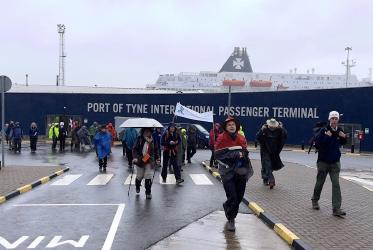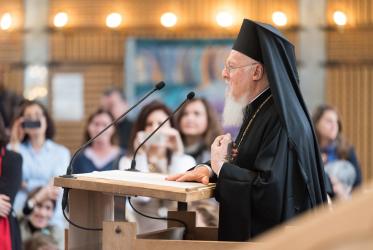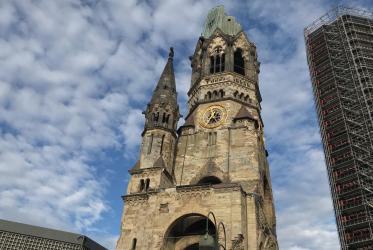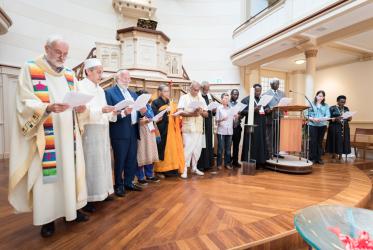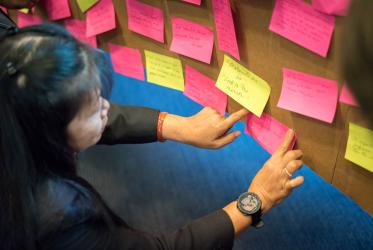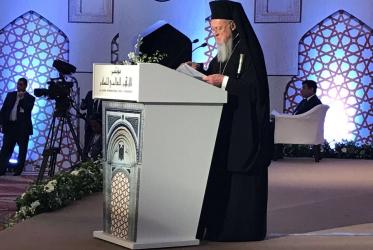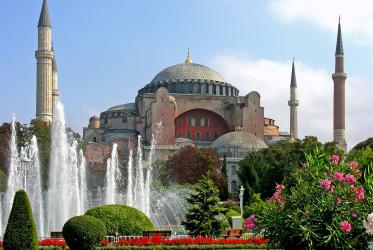Displaying 1 - 20 of 37
“Love will find a way”
23 August 2018
What difference does dressing in black make?
02 August 2018
Working toward an AIDS-free generation
26 July 2018
Building bridges of faith in the HIV response
25 July 2018
Building Bridges in the global HIV response
25 July 2018
Ecumenical Patriarch visits WCC
24 April 2017
WCC general secretary mourns lost lives, calls for end to violence
11 December 2016
Facilitating peace with passion
26 July 2016

